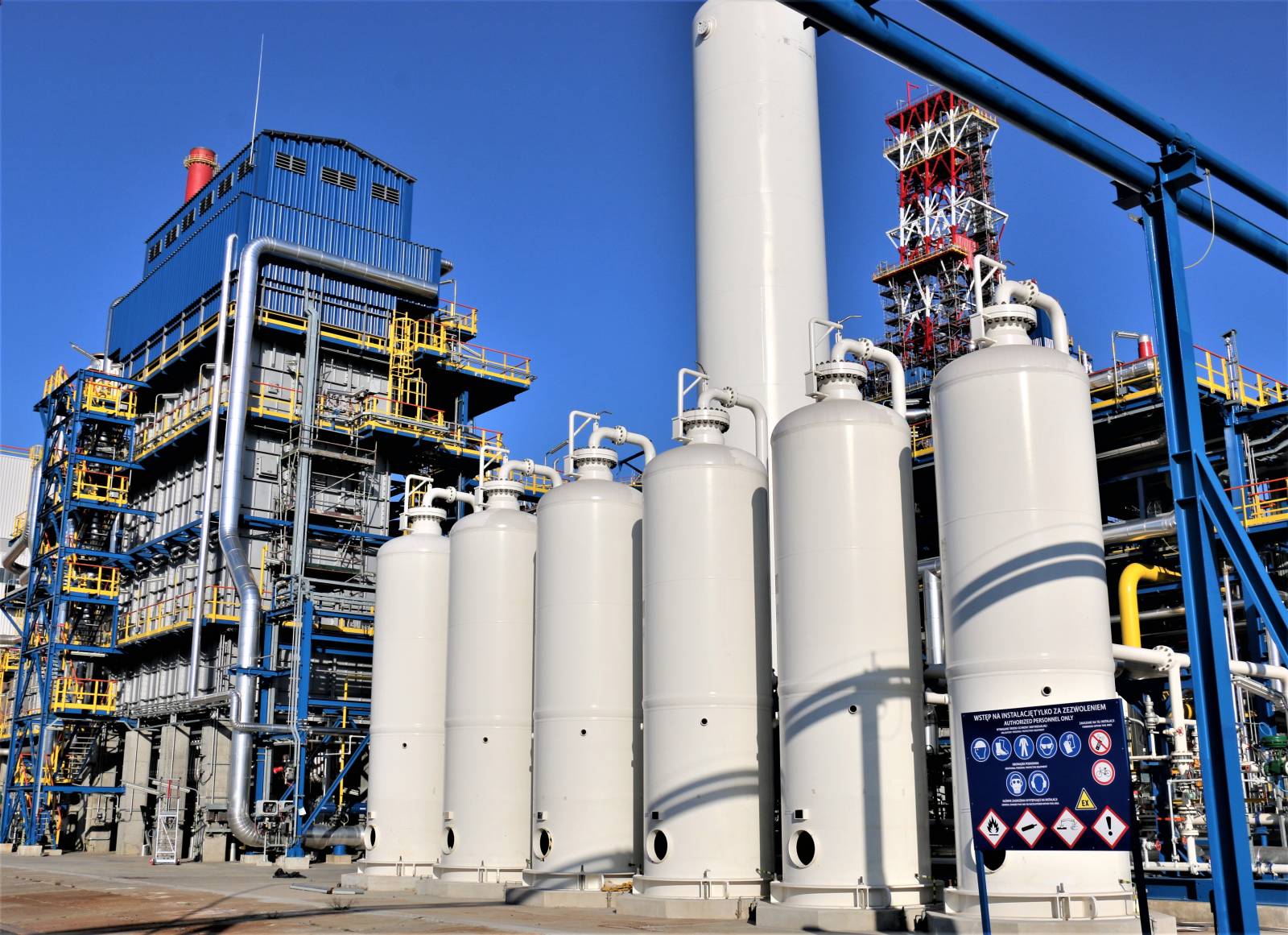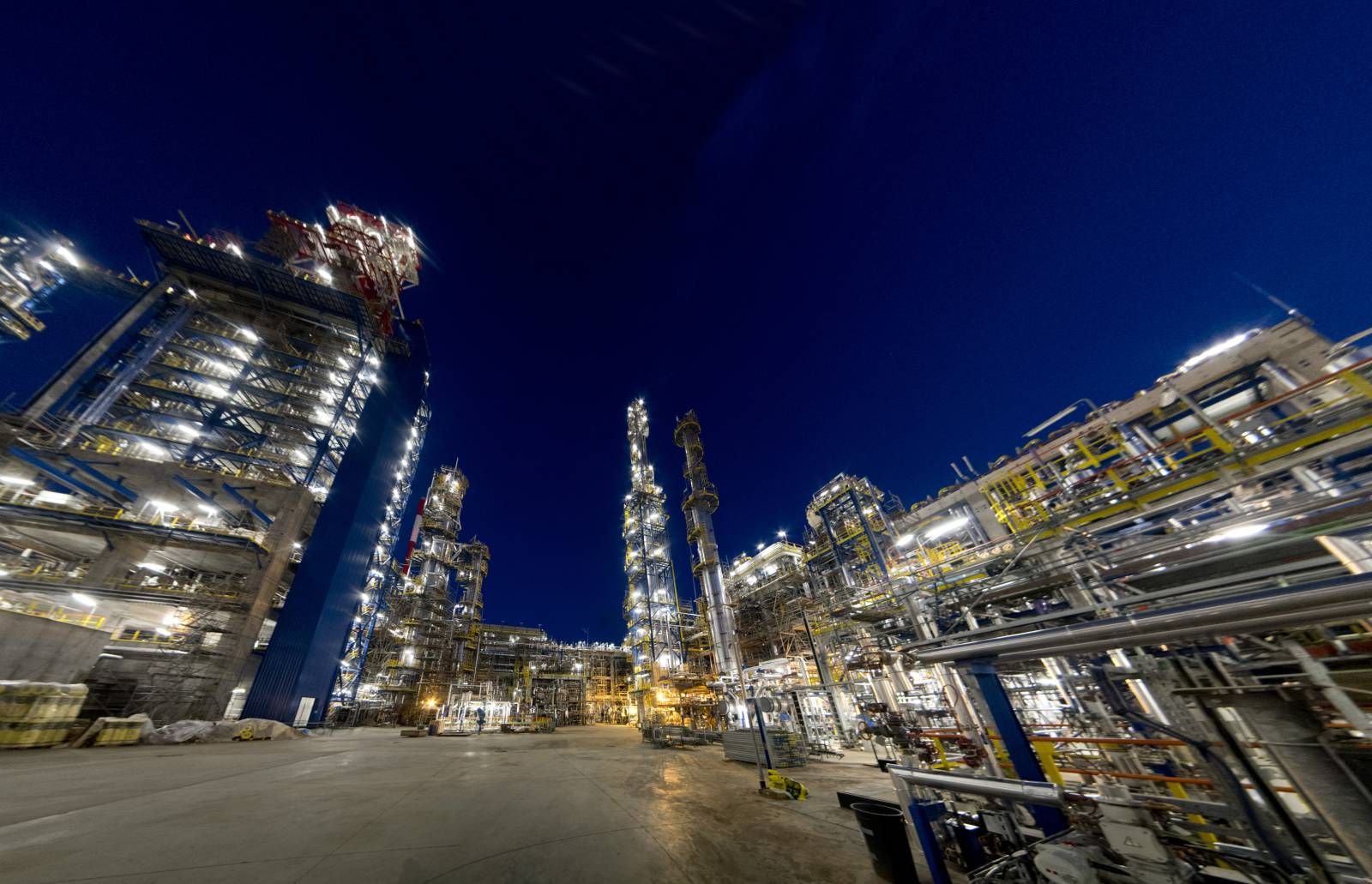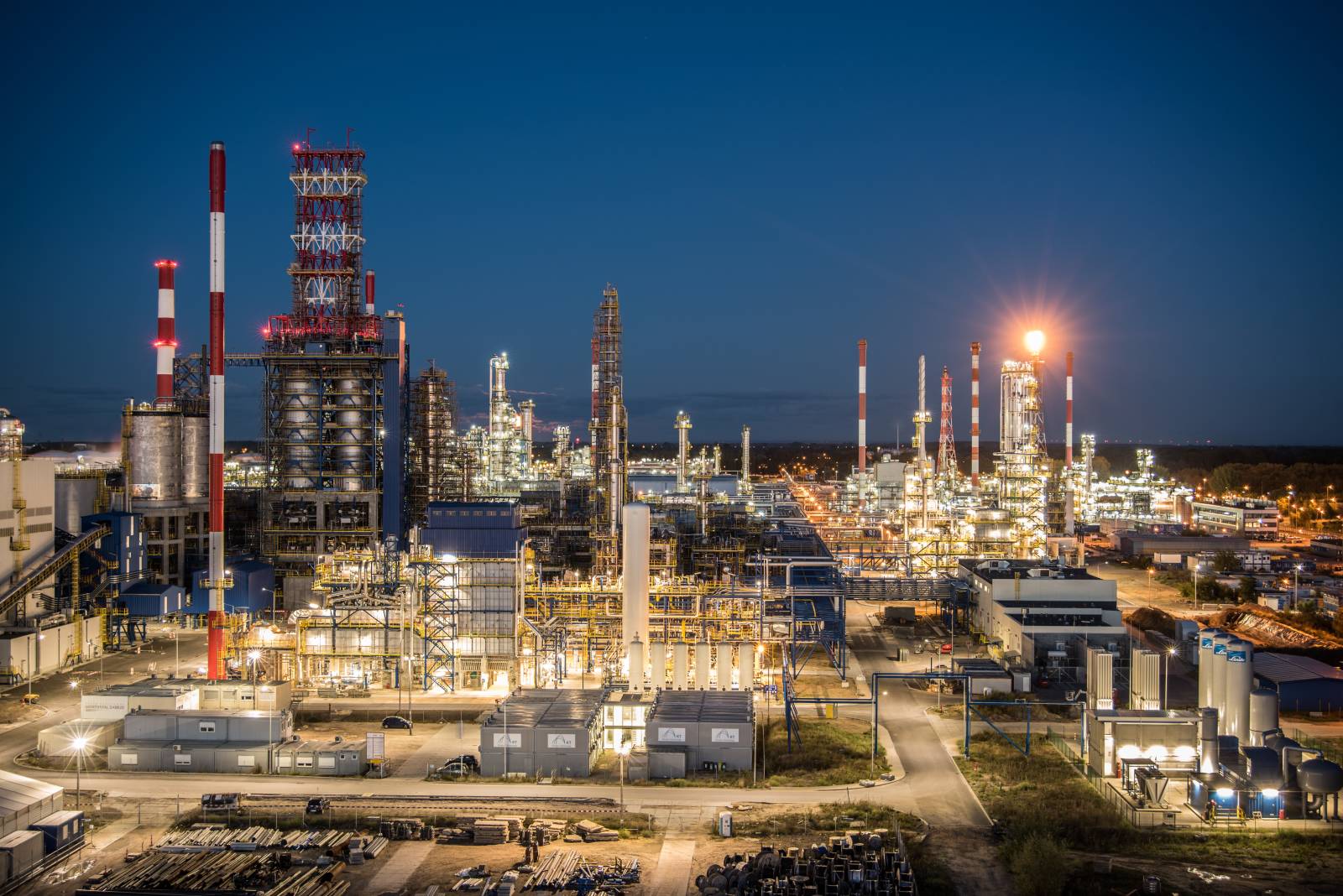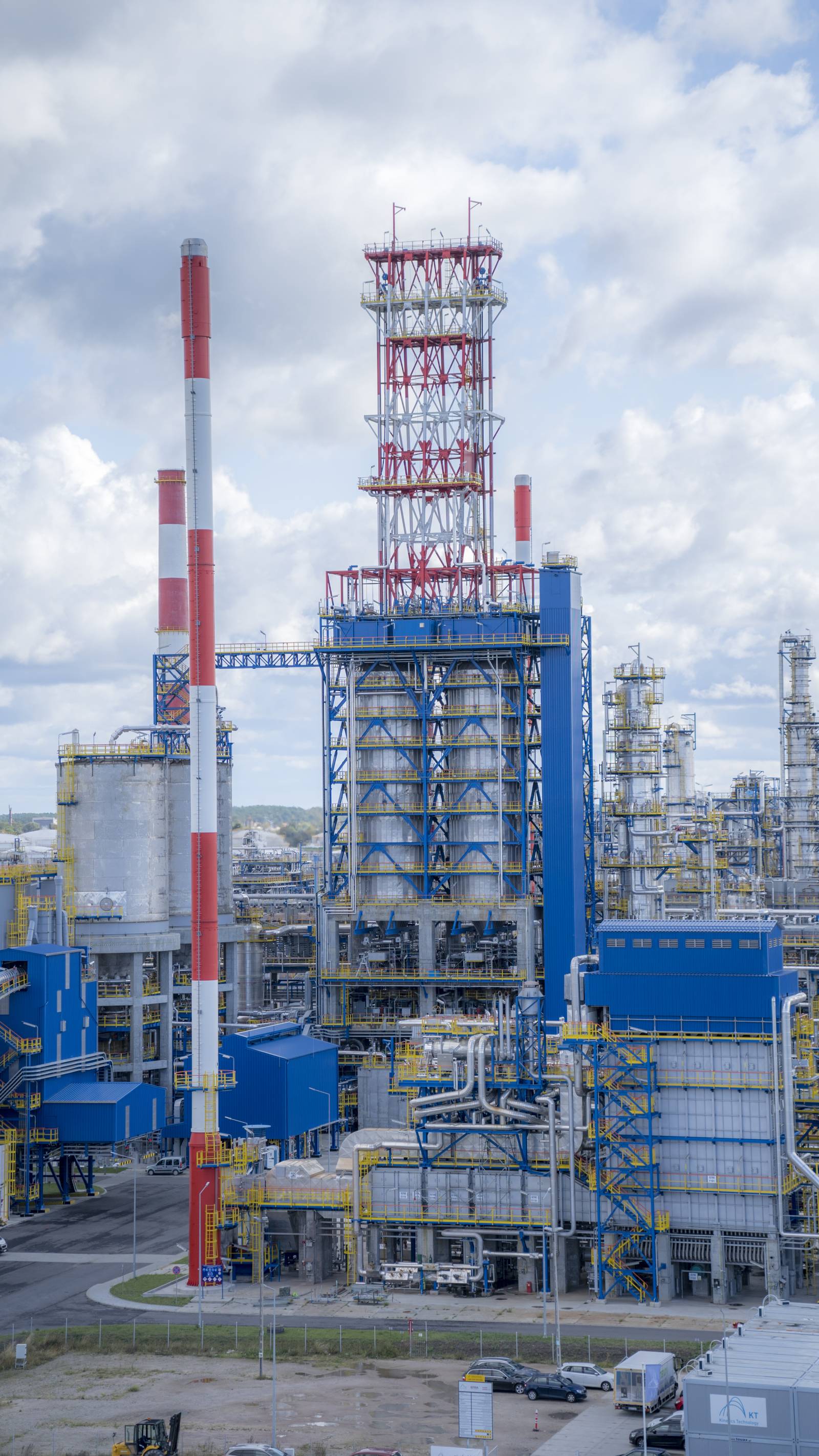-
2019 Summary
- Letter from the President of the Management Board
- Letter from the Chairwoman of the Supervisory Board
- Key performance indicators (2019 results)
- EFRA Project, or an additional million tonnes of fuels
- Favourable pricing conditions and fewer restrictions
- Grupa LOTOS invests in hydrogen
- Exam passed with an A
About the LOTOS Group
-
Financial results and operational achievements Financial highlights Consolidated statement of comprehensive income for 2019 Consolidated statement of financial position for 2019 Consolidated statement of cash flows for 2019 Consolidated statement of changes in equity for 2019 Notes to the financial statements
The environment
Society
-
Previous Reports
2018 Integrated Annual Report 20182017 Integrated Annual Report 20172016 Integrated Annual Report 20162015 Integrated Annual Report 20152014 Integrated Annual Report 20142013 Integrated Annual Report 20132012 Integrated Annual Report 20122011 Integrated Annual Report 20112010 Integrated Annual Report 20102009 Integrated Annual Report 2009
EFRA Project, or an additional million tonnes of fuels
Completion of the EFRA Project marks a milestone in the strategy pursued by Grupa LOTOS, which has now become more efficient and more environmentally friendly. The Project will produce more than one million tonnes of premium quality fuels annually, including mainly diesel oil and aviation fuel made by converting heavy oil residue.
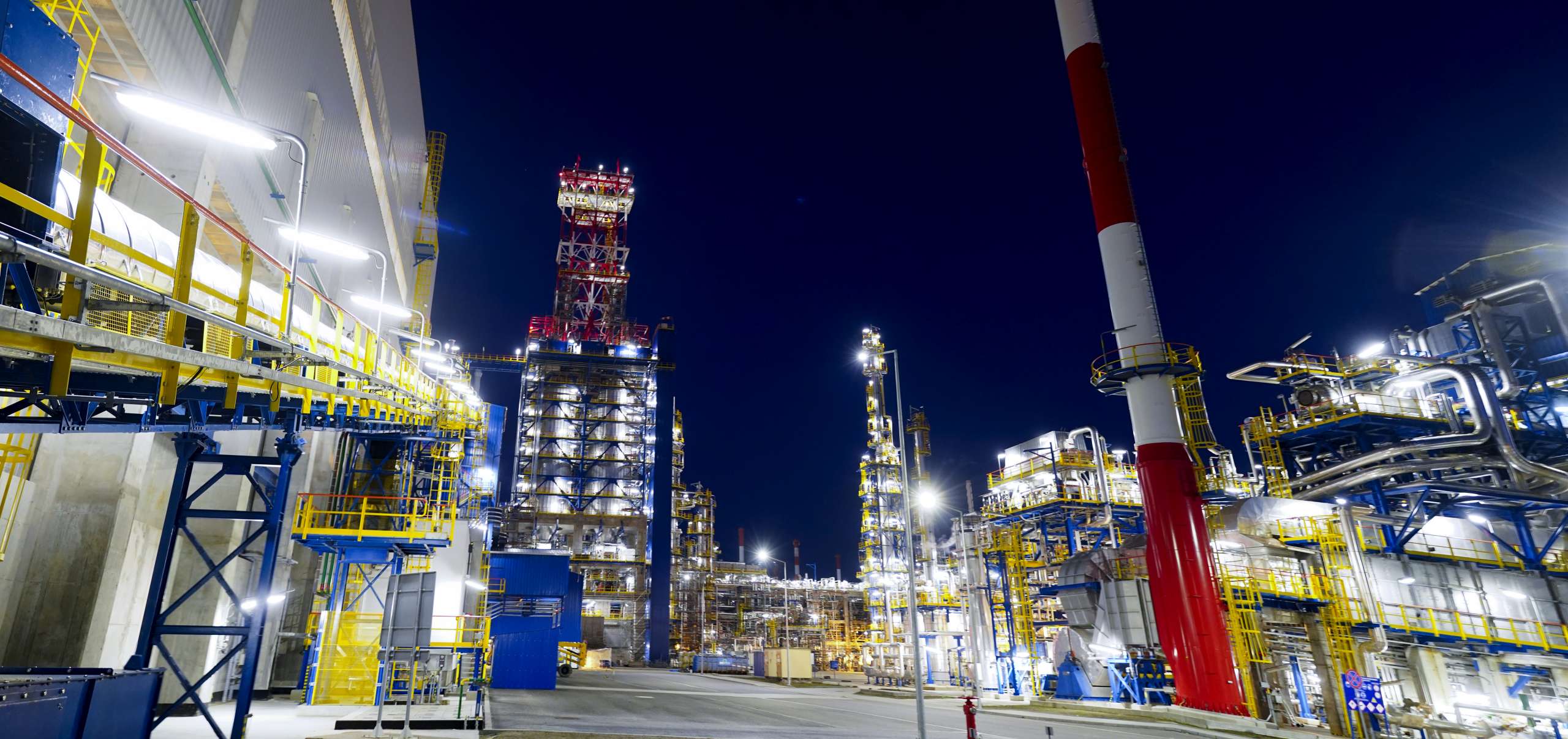
EFRA, or in other words ‘Effective Refining’, is the key investment project completed by Grupa LOTOS and LOTOS Asfalt in 2019. It involved the construction of a delayed coking unit (DCU) and a number of auxiliary units. Its total cost was in excess of PLN 2.3bn.
Higher flexibility and efficiency of production
EFRA has enabled the LOTOS Group to solve the problem of effective management of heavy oil residue, which is now used to produce fuels, coke and bitumens. Previously, heavy oil residue was a feedstock in the production of bitumens and high-sulphur heavy fuel oil. The latter had its application mainly as bunker fuel, but its sales were not profitable. At present, instead of heavy fuel oil LOTOS produces fuels that are in high demand from customers.
The EFRA Project is also the LOTOS Group’s response to the new environmental restrictions which came into force in January 2020. The International Maritime Organization (IMO) reduced the maximum sulphur content in marine fuels from 3.5% to 0.5% globally, and thus excluded the use of heavy fuel oil. For this reason, LOTOS has launched sales of low-sulphur marine fuels and is running projects that are intended to enable the use of environmentally-friendly LNG to power seagoing ships.
EFRA will allow the Company to earn at least an additional USD 2 per barrel of processed crude. It has also given flexibility to the production process, which can be modified and optimised to adapt production to variable market prices of raw materials and products. Furthermore, Grupa LOTOS is now able to process a wider crude slate, including the heavier and thus cheaper crudes.
Focus on environmental aspects
LOTOS engineers analysed different solutions used at DCUs in European refineries. They selected technologies and applications which – once the EFRA Project is completed, that is after the new facilities are constructed – will allow the refinery to produce more high-margin fuels while ensuring its compliance with the ever stricter environmental protection requirements. The main task was to prepare a precise technical description of the target DCU model and link it with the process of coke production and transport.
LOTOS engineers decided that the water pressure before the opening of the DCU reactor would be reduced more than it is normally done in typical DCUs, in order to achieve a maximum withdrawal of volatile hydrocarbons even before the coke cutting process begins. To this end, the vacuum pump to be installed will have much higher performance parameters than those recommended by the licence provider. This will ultimately help to reduce the amount of escaping steam and volatile hydrocarbons. In the next stage of the process, instead of an open basin for unloading and draining coke, a closed hermetic system will be used. In this way, all the processes related to coke unloading, transfer, storage, loading and transport out of the refinery will be carried out with above-standard safety to the environment.
Environmentally friendly transport of coke from the refinery has also been ensured. Once the truck is loaded with coke, its wheels and chassis will be washed and dried. After the tarpaulin is pulled over, the truck will be ready to leave the refinery, heading for the coal terminal at the Northern Port. The choice of trucks to carry the coke was made by the coke buyer, Oxbow Energy Solutions of the Netherlands, with which LOTOS Asfalt has signed a 10-year contract. Trucks will only be used at daytime to reduce any possible nuisance caused by their operation.
The heart of EFRA
The delayed coking unit (DCU), being the heart of the EFRA Project, reached the Ready for Start-up status on June 26th 2019, which meant formal completion of the construction phase. The unit was started up on September 28th and placed in service on December 1st. Both licence and performance test runs were successfully completed in December.
The optimum operation of the DCU is crucial to the success of the entire project, prepared since 2011. In late March 2020, the EFRA units passed a 30-day test run required under agreements with the financing banks. The tests demonstrated that the EFRA units and the other refinery units can operate steadily under full load and produce intermediate as well as final products of appropriate quality, generating high margins.
The units’ operation was thoroughly examined during the test. Some results surpassed those guaranteed by the contractor and the licence provider. The tests clearly showed that the units built under the EFRA Project were capable of making the required volumes of quality products. For the financing banks, passing the test confirmed that they had invested in a profitable project.
Besides the construction of the delayed coking unit (DCU), the EFRA Project, implemented from 2016 to 2020, included the construction of a coking naphtha hydrotreating unit (CNHT), a hydrogen generation unit, a coke logistics and storage facility, a hydrowax distillation unit, an oxygen generation unit and a number of ancillary facilities. A number of upgrades were also carried out, including of the hydrocracking and hydro desulphurisation units, which significantly increased their output using the DCU’s intermediate products, thus ensuring the LOTOS Group’s resilience to challenging market conditions.
